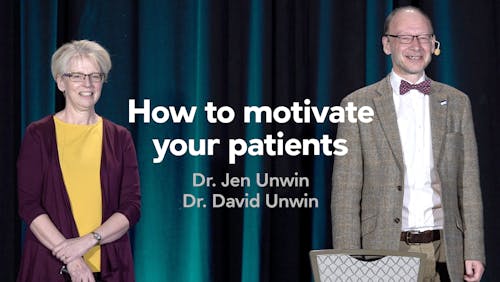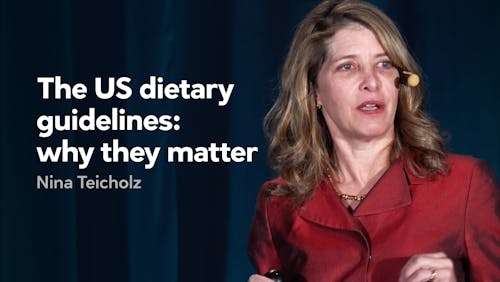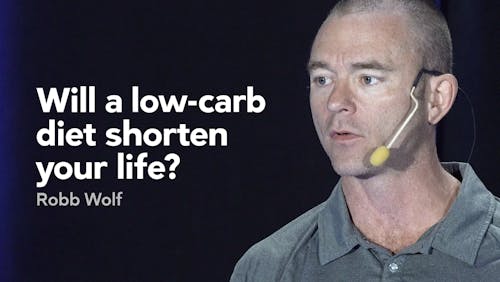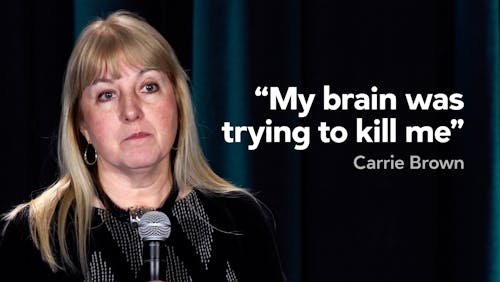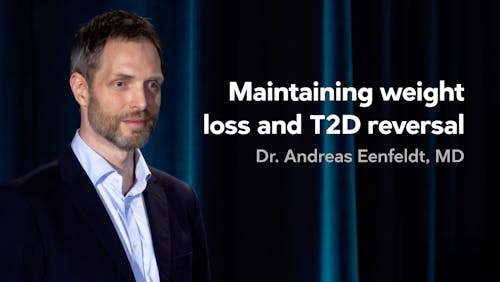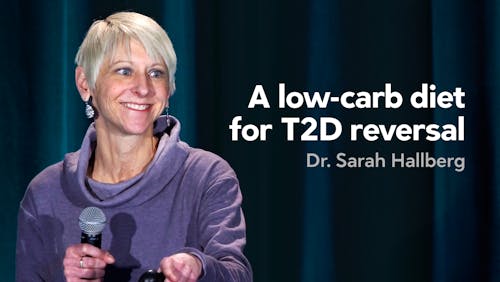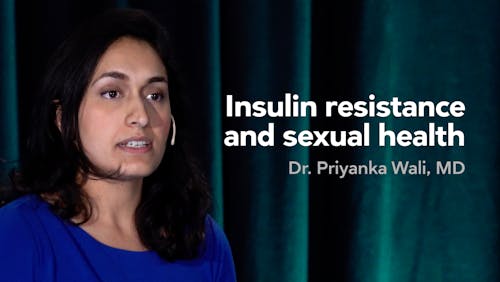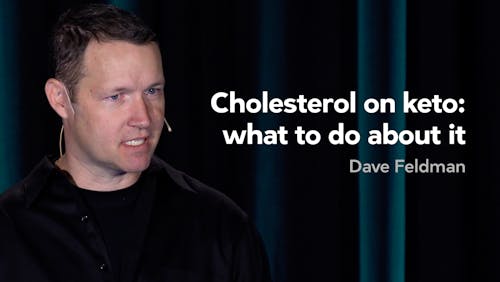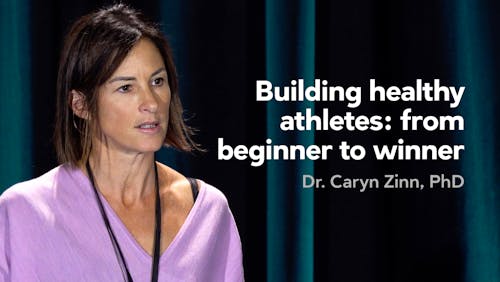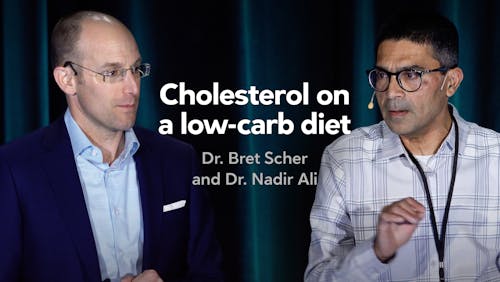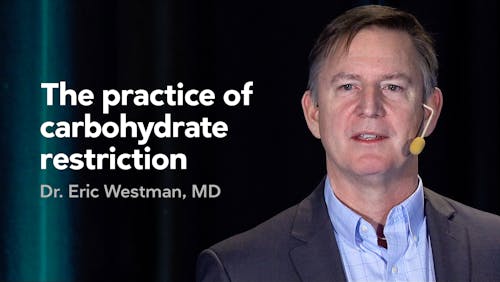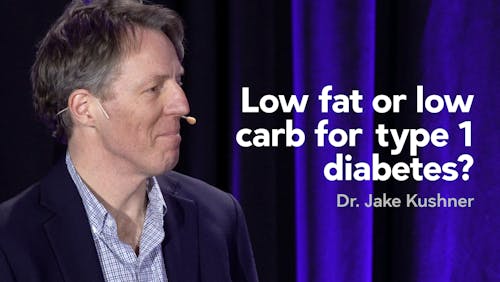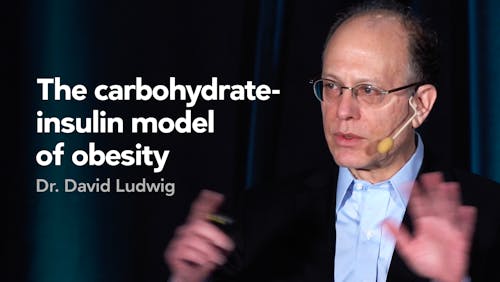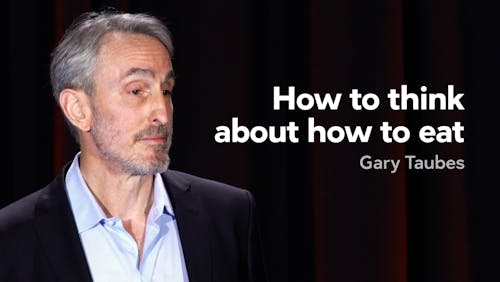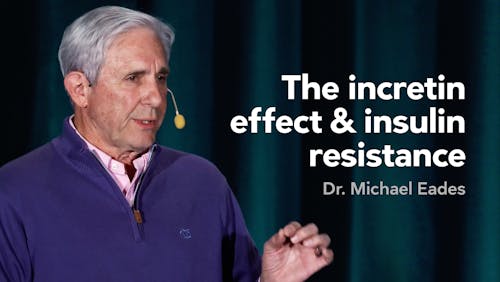The physiological adaptation to low carb
2,705 views Add as favorite
How do you most easily control your weight? Should you count calories every time you eat… or is there a better, simpler way, controlling your weight through controlling the hormones that regulate it?
In this presentation from the Low Carb Denver 2019 conference, Dr. David Ludwig walks us through the latest discoveries on how weight gain and weight loss actually work in practice.
Watch a part of the presentation above. The full video is available (with captions and transcript) with a free trial or membership:Transcript from preview above
Prof. David Ludwig: So this group understands a basic principle that the physiological adaptations to a low-carb diet don’t occur immediately. How do we know that? Well, just look at fasting. That’s one of the most potent stimuli for ketogenesis.
